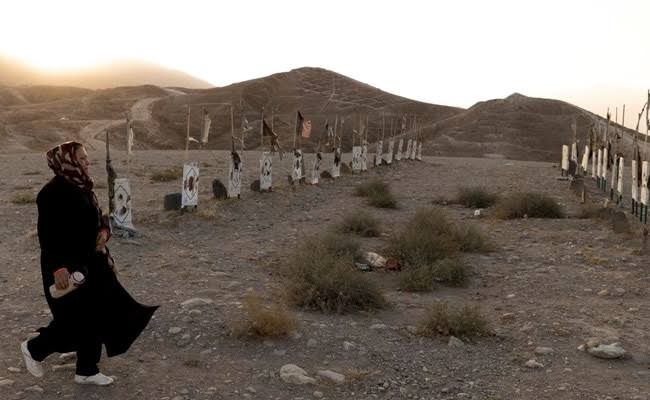For Afghan Hazaras, where to pray can be life and death choice
Reuters
In the wake of the violence, some Hazaras are not going to the mosque at all.
Each time Hussain Rahimi leaves his Kabul home for the mosque to pray, he recites the Kalima – a short verse that is the central tenet of Islam – because he is not sure he will come home alive.
“I am afraid. My family is afraid when we go to the mosque,” said 23-year-old Rahimi, an ethnic Hazara – a predominantly Shi’ite community that has been at the receiving end of some of the most violent attacks in Afghanistan’s bloody history.
The last two Fridays have seen suicide bombings at mosques – both attacks claimed by Islamic State (ISIS) and both targeting the minority Shi’ite sect. More than 100 people were killed in total.
In the wake of the violence, some Hazaras are not going to the mosque at all.
Hazaras have long been discriminated against in Afghanistan from a mix of factors, of which religion is just one.
But while thousands died under the last Taliban government from 1996-2001, it was the appearance of Islamic State in Afghanistan from around the start of 2015 that made them and the wider Shi’ite community a systematic target.
Many hundreds were killed in suicide attacks on mosques and community centres by hardline Sunni militants who do not see them as true Muslims, bringing a form of the sectarian violence that devastated countries like Iraq to Afghanistan.
No up-to-date census data exists, but estimates put the size of the overall Shi’ite community at between 10-20 percent of the population, including Persian-speaking Tajiks and Pashtuns as well as Hazaras.
In addition, Hazaras have often also been victim of the ethnic and economic rivalries endemic to Afghan politics.
Rahimi lost his sister, a 12th grade student, in a bombing of a Kabul school in May which killed mostly young girls.
Although the Taliban have promised that all of Afghanistan’s ethnic groups will be protected, the killing has gone on since they seized power in August.
“When we are out of our homes, our family calls and asks where we are … they tell us to return home quickly, the situation is bad,” says Rahimi, a computer science student at Kabul University, clutching a picture of his sister.
He is still working up the courage to go to the mosque for Friday prayers – the most important congregation for Muslims across the world.



